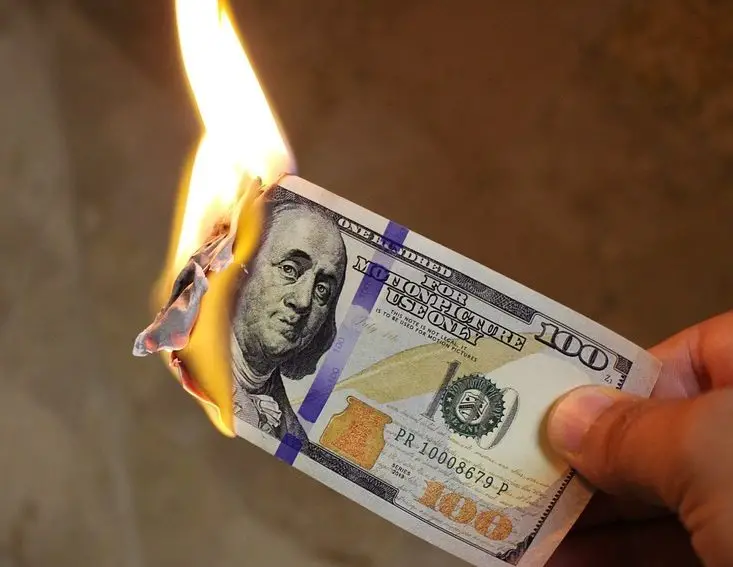This week the Wall Street Journal reported that global consumers and exporters of crude oil are performing their transactions without the use of dollar denominated trade deals, according to Natasha Kaneva the head of global commodities strategy at JPMorgan Chase.
The report follows news out of Russia and Iran that the two countries, which are among the leading global oil exporters, have finalized an agreement to trade in their national currencies, rather than the US dollar. Both sanctioned states have had no difficulties finding buyers for their crude oil in China and India, where they offer their commodities at a discount.
Kaneva said in an interview with the Journal, “The US dollar is getting some competition in commodities markets,” noting there has been a 20% increase in the share of crude oil on the global market which is being traded in currencies other than the dollar.
Although the trend is less obvious in other oil major nations which are not under sanctions, some of them, such as Brazil, the UAE, and Saudi Arabia, have begun to lay the foundations of trade agreements which would bypass the dollar.
Data which was analyzed by JPMorgan showed that in 2023, there were twelve major commodities contracts which were finalized in non-dollar currencies, compared to only seven in 2022, and just two contracts in the years 2015 through 2021.
The data JPMorgan examined related solely to physical commodity deals, and not futures trading in financial markets. It included non-dollar contracts which were settled by sellers in Russia, and one case in the UAE.
India and the UAE had struck a deal for local currency-based trading. The first shipment of Emirati crude shipped under the deal had been purchased by an Indian refiner, who purchased it in rupees.
The data also showed that China and Brazil concluded their first commodity transaction settled in local currencies, which was for a shipment of Brazilian pulp.
China also signed a deal last month with Saudi Arabia for a local currency swap agreement which was worth 50 billion yuan ($7 billion), in an effort to strengthen its ties with the Kingdom and expand the use of local currencies between the two trading partners.
The dollar is still the dominant currency in use for settlement of cross-border trade, occupying about 88% of all trades in the foreign exchange market.


